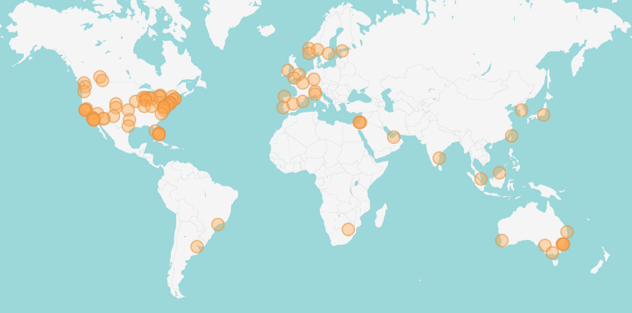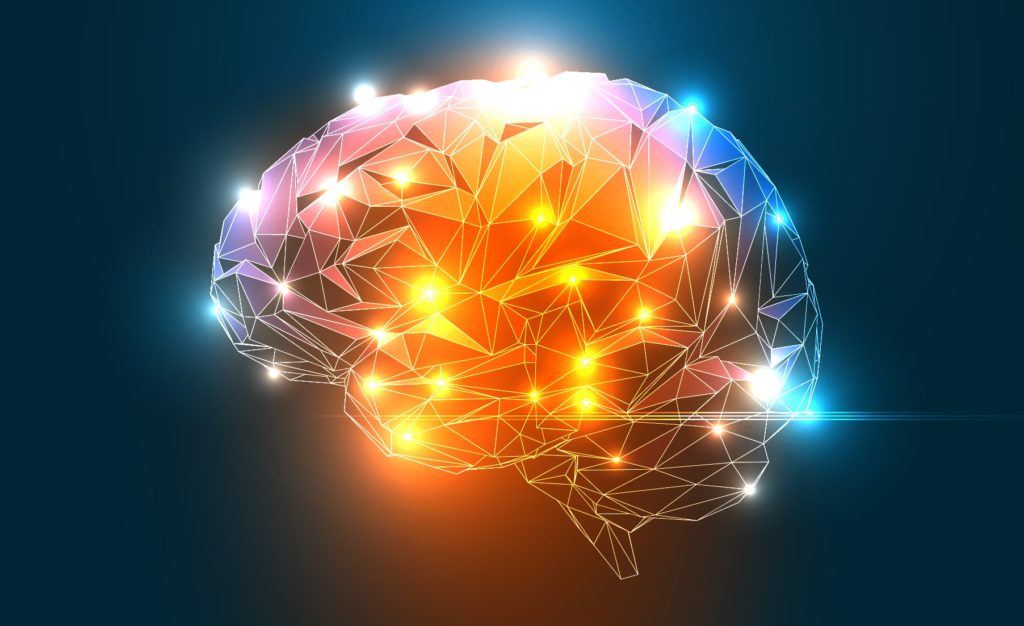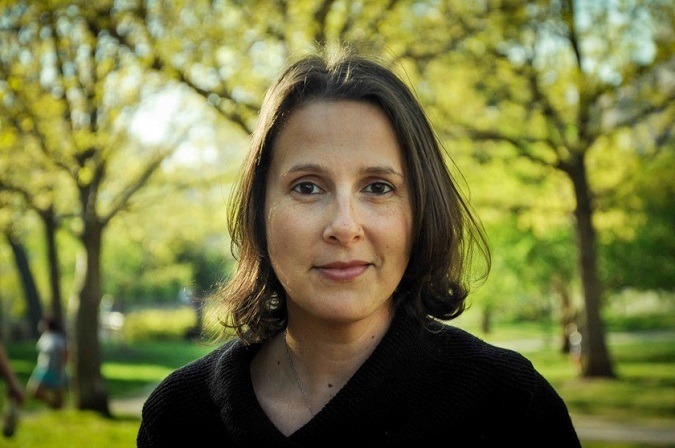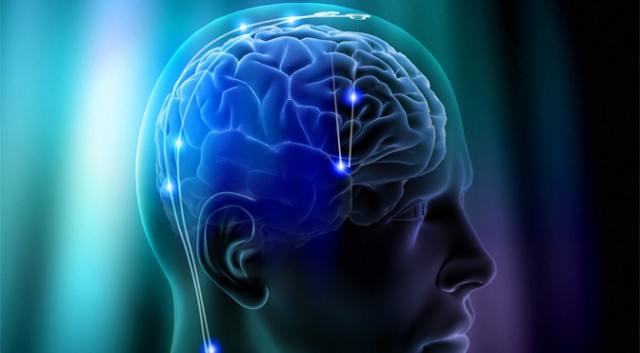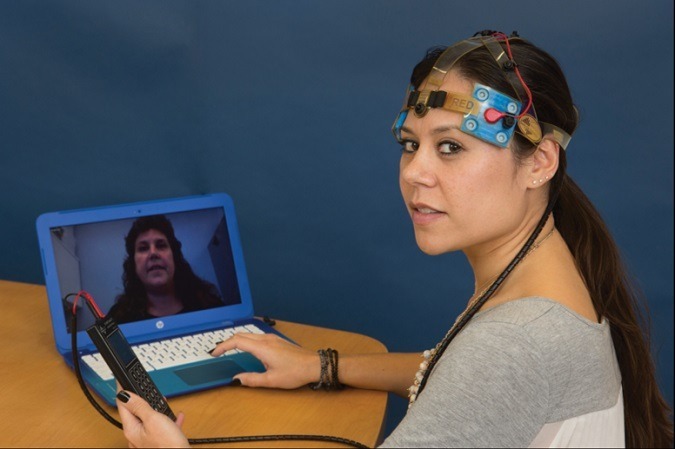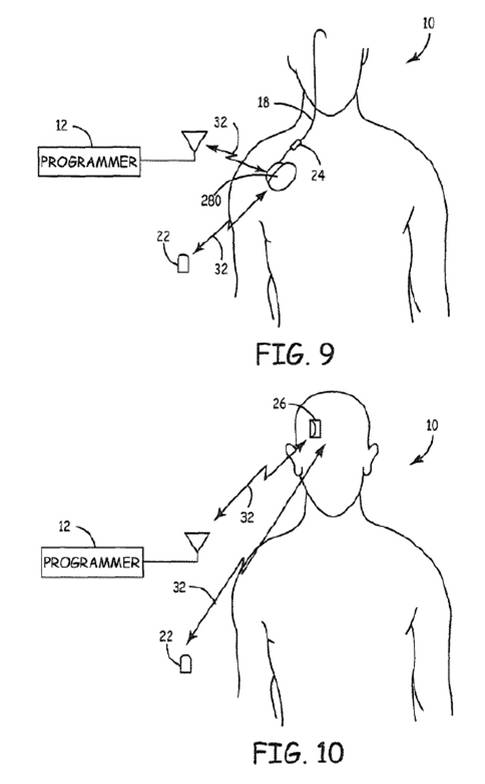Posts Tagged ‘brain-stimulation’
Top 10 moments from the 2017 SharpBrains Virtual Summit/ Slidedecks & Recordings are Available
_____ Whew. What a rich and diverse 3‑day conversation on the future of brain health and brain enhancement among 50+ Speakers and 200+ participants in 24 countries. From the dozens of fascinating insights and moments, here are some our favorites: (Note: slidedecks are now freely available; session recordings require registration and login credentials) 1. That masterful 40-minute…
Read More10 favorite moments from the 2017 SharpBrains Virtual Summit/ Recordings are Available
Whew. What a rich and cutting-edge 3‑day conversation last week on the future of brain health and brain enhancement. We enjoyed dozens of fascinating insights and moments — here’s a sample of our favorites: 1. That masterful 40-minute overview by Dr. Tom Insel on the past, present and future of mental health 2. Discussing with Akili’s…
Read MoreDr. Anna Wexler to discuss the Present and Future of DIY Brain Enhancement at the 2017 SharpBrains Virtual Summit (December 5–7th)
_____ Proud to confirm that Dr. Anna Wexler, a science writer, filmmaker and postdoc fellow in advanced biomedical ethics at the Department of Medical Ethics & Health Policy at the University of Pennsylvania, will discuss the Present and Future of DIY Brain Enhancement (especially brain stimulation modalities such as tDCS) at the upcoming 2017 SharpBrains Virtual…
Read MoreEthical issues raised around deep brain stimulation (DBS) research
Researchers grapple with the ethics of testing brain implants (Science): “In 2003, neurologist Helen Mayberg of Emory University in Atlanta began to test a bold, experimental treatment for people with severe depression, which involved implanting metal electrodes deep in the brain in a region called area 25. The initial data were promising; eventually, they convinced…
Read MoreStudy: Transcranial Direct Current Stimulation (tDCS) can reduce fatigue in patients with Multiple Sclerosis (MS)
_______________ Transcranial Direct Current Stimulation Shown to Reduce Fatigue Associated with Multiple Sclerosis (NYU Lagone Health press release): “People with multiple sclerosis (MS) who underwent a non-invasive form of electrical brain stimulation experienced significant reductions in fatigue, a common and often debilitating symptom of the disease
Read MoreConnecting cardiological and neurological health: Key neurotech patent by Medtronic
Today we are sharing a fascinating Medtronic patent combining cardiac monitoring with brain stimulation. (As mentioned, we are featuring foundational Pervasive Neurotech patents, from older to newer by issue date) U.S. Patent No. 8,209,009: System and method for segmenting a cardiac signal based on brain stimulation Assignee(s): Medtronic, Inc. Inventor(s): Jonathon E. Giftakis, Nina M. Graves, Mark Turner Rise Technology Category: Neuro-monitoring…
Read More
